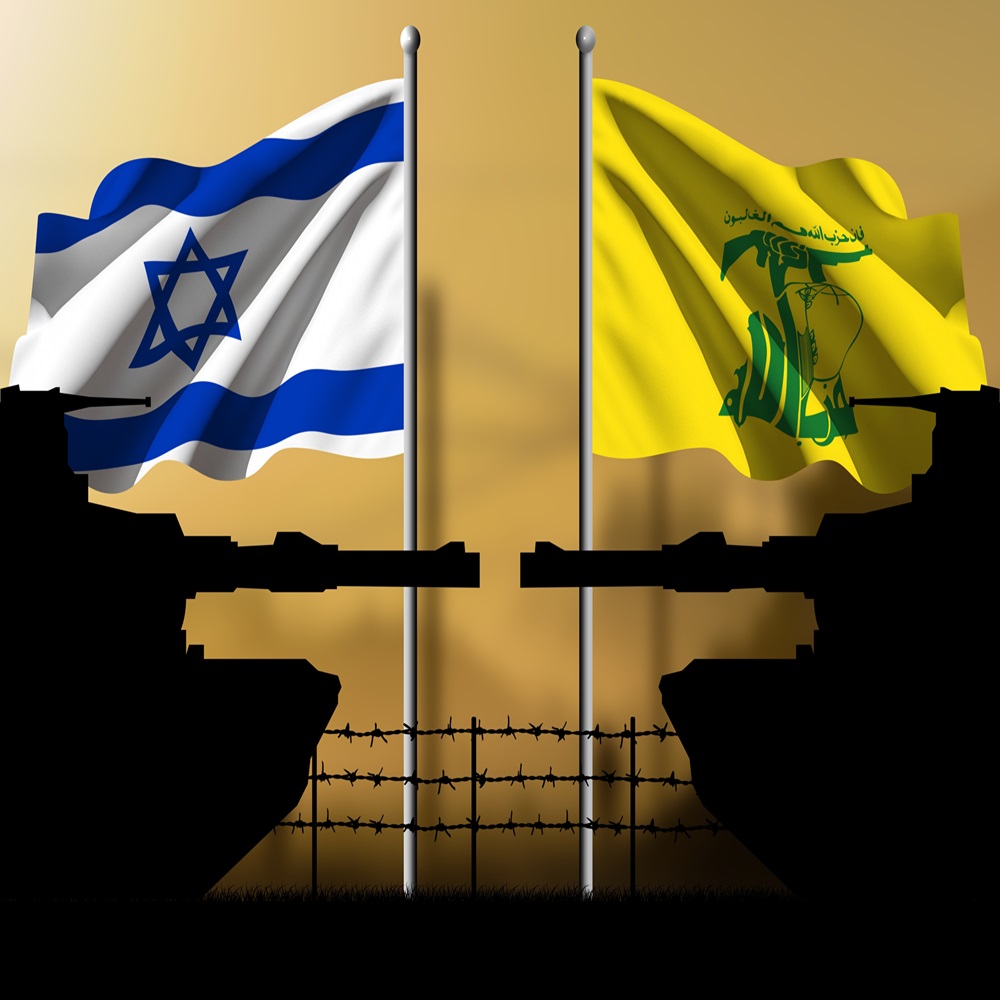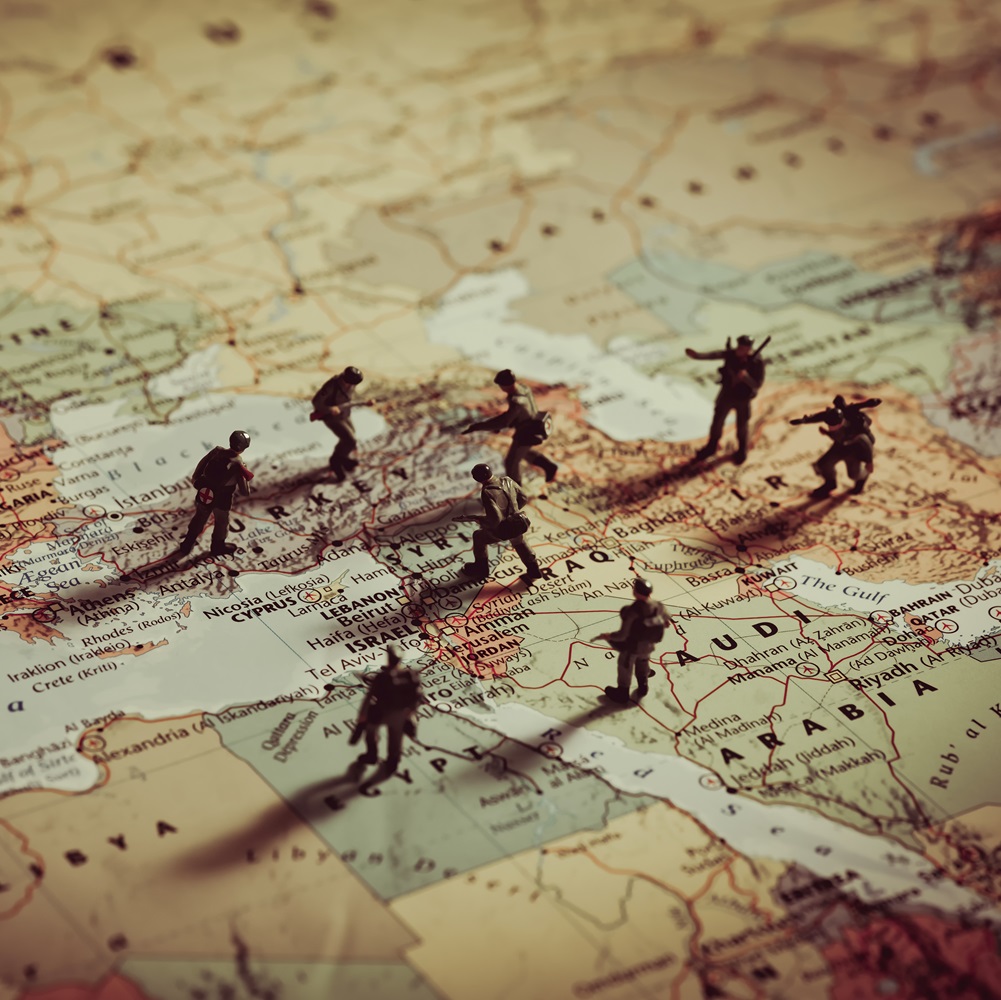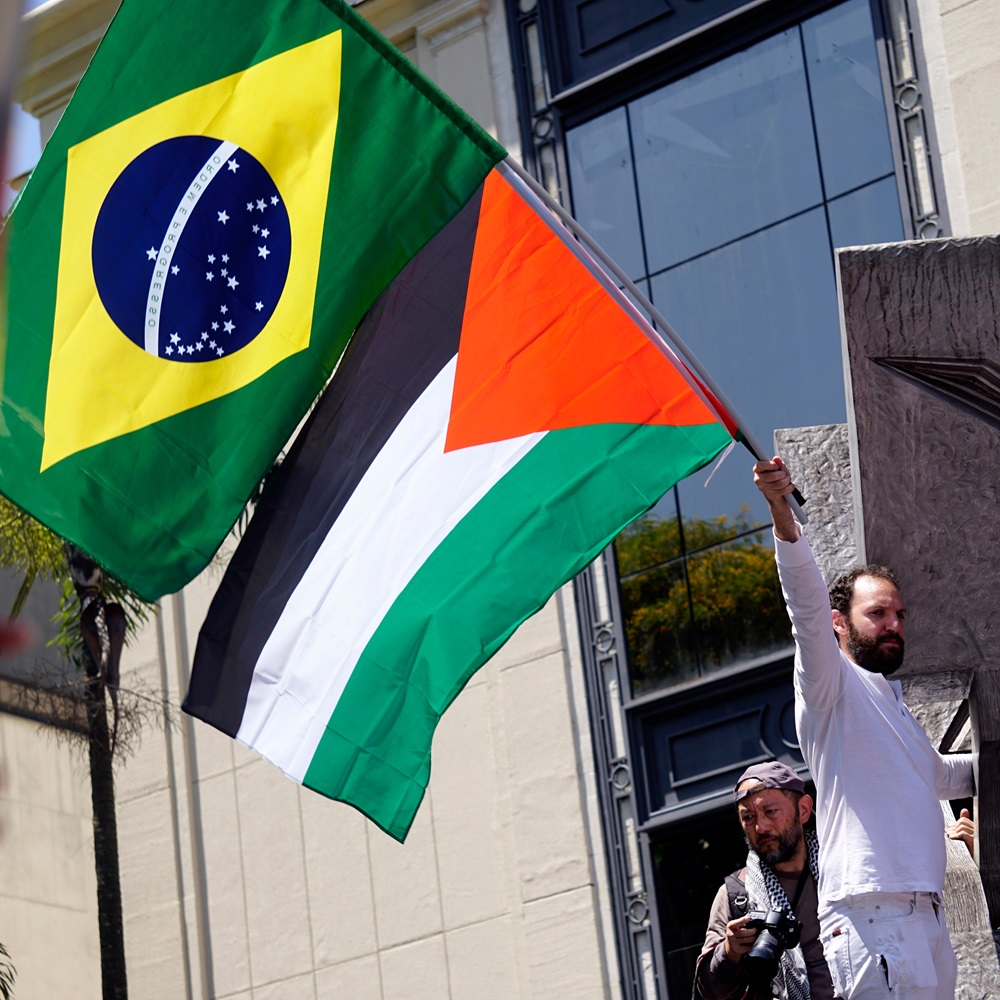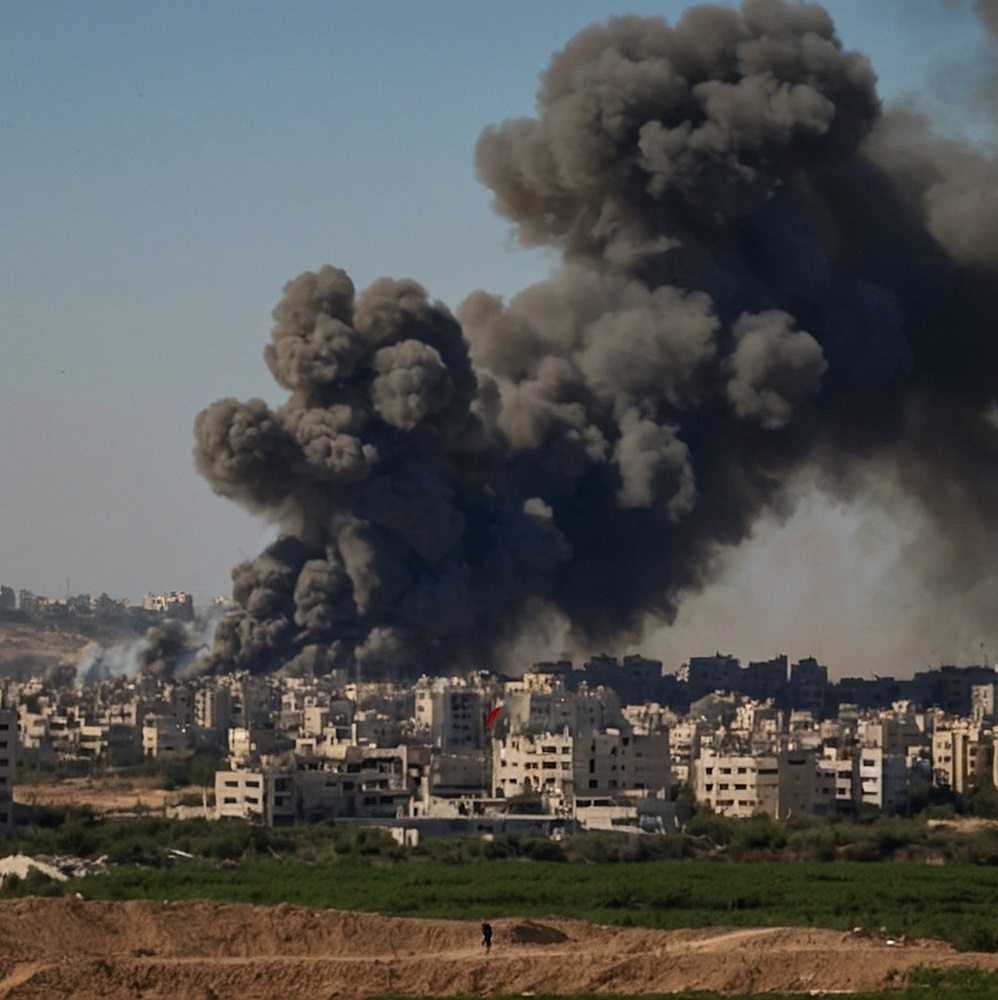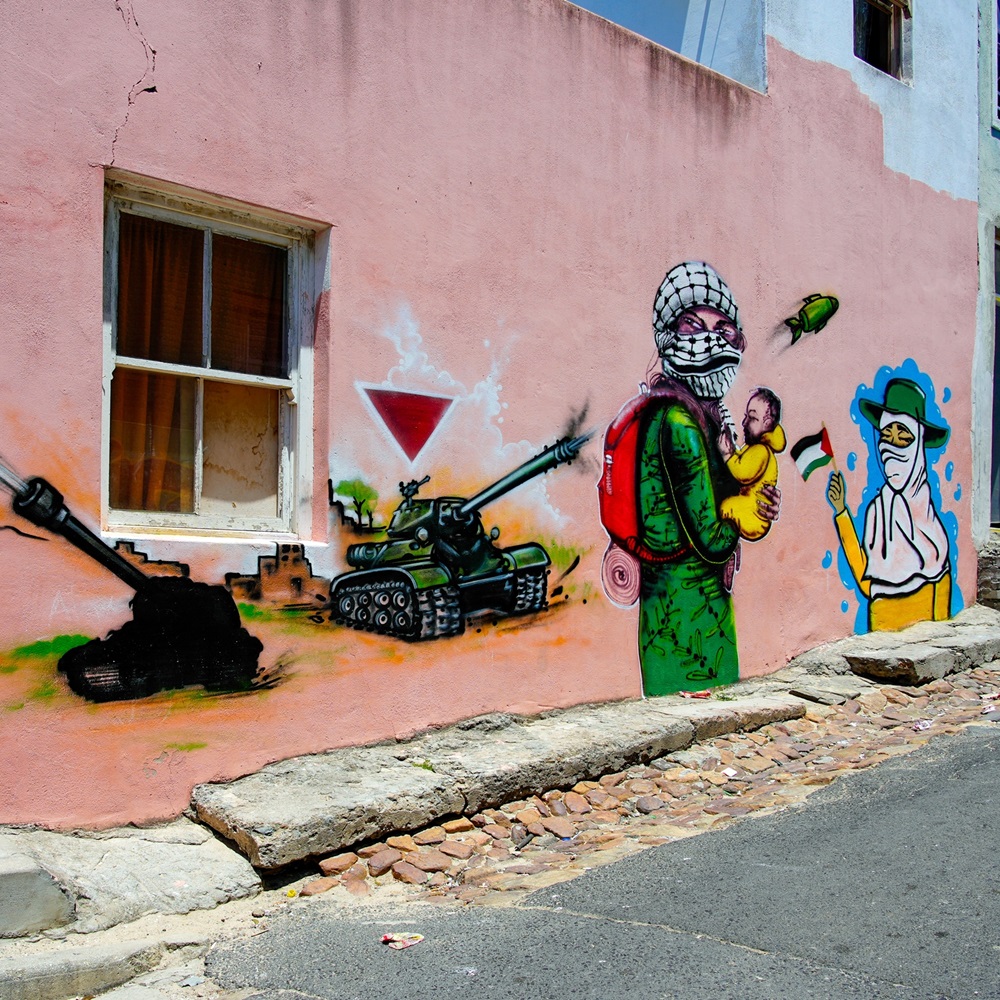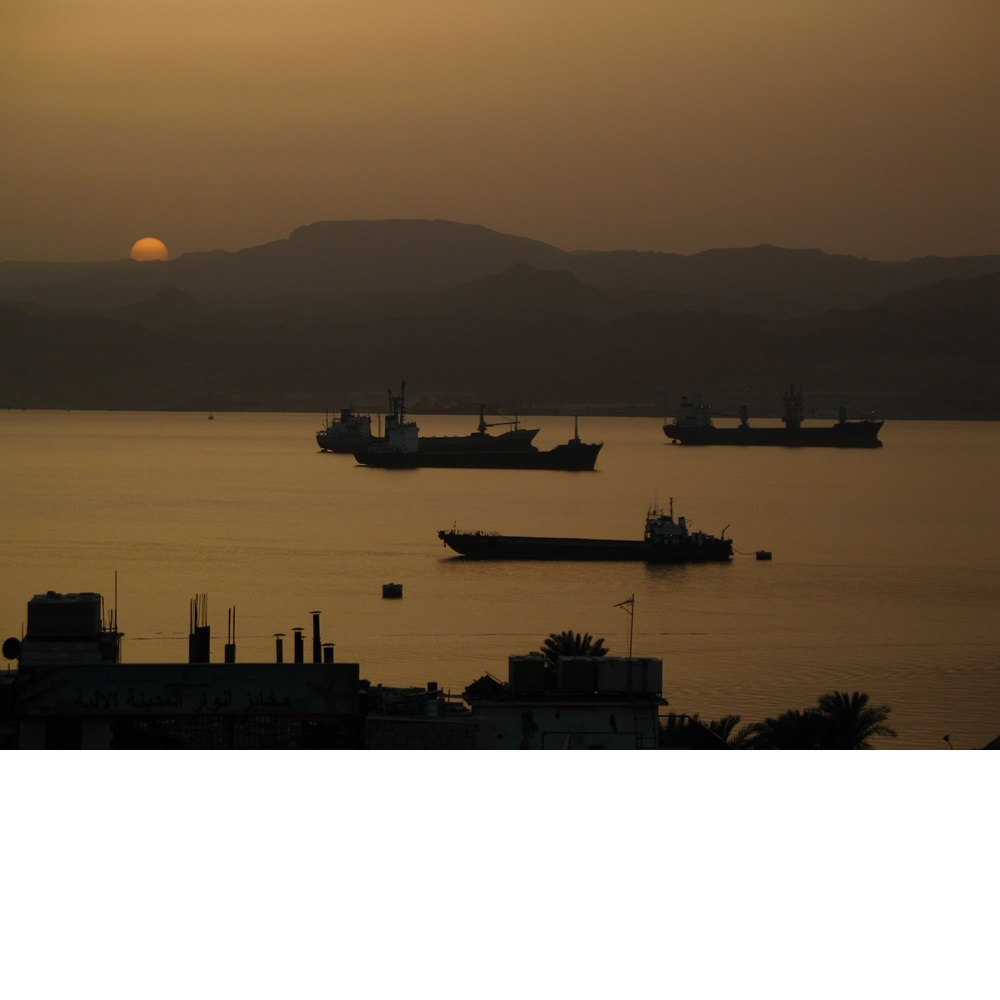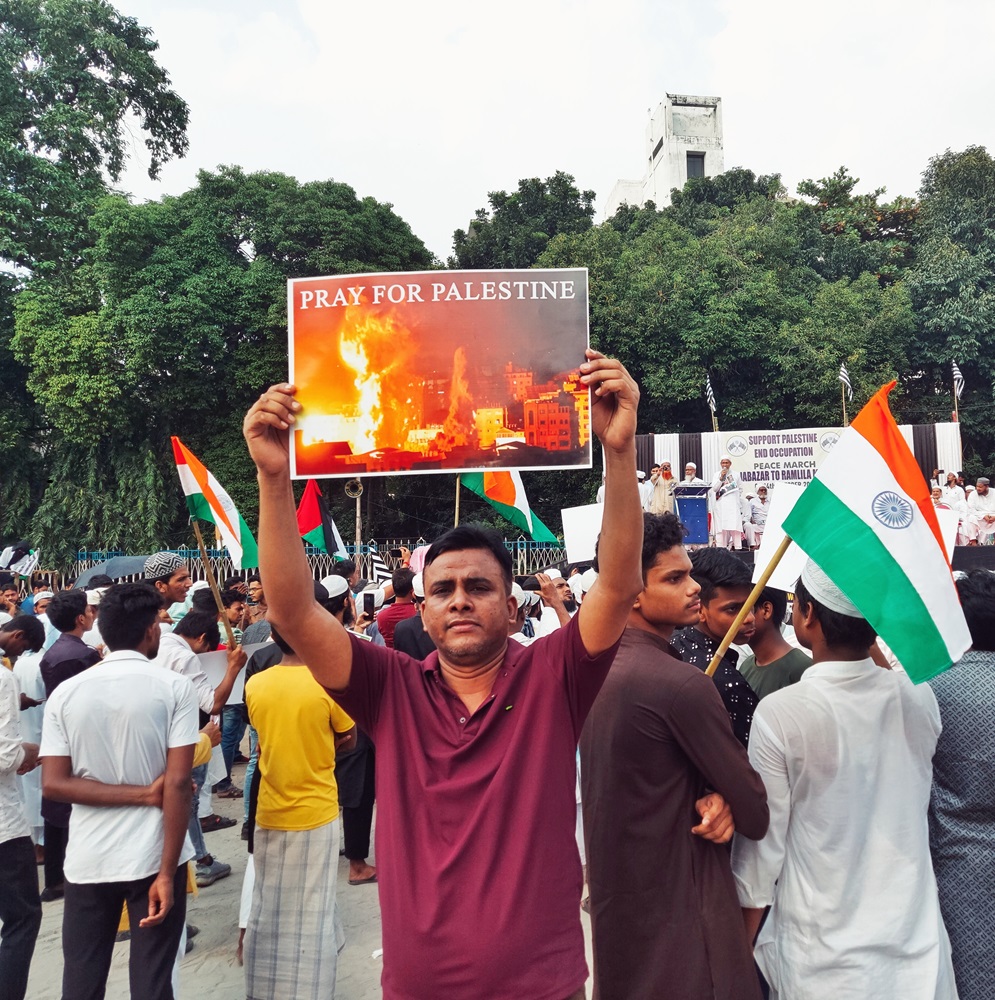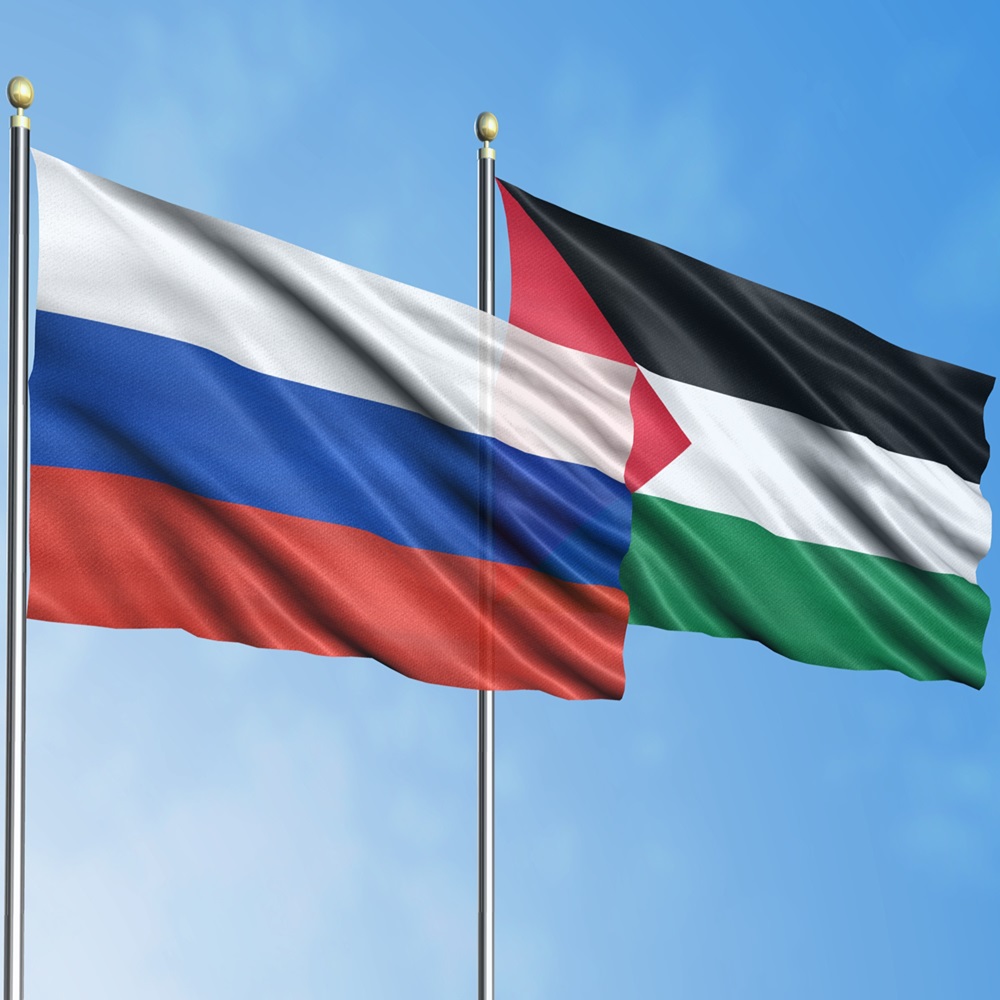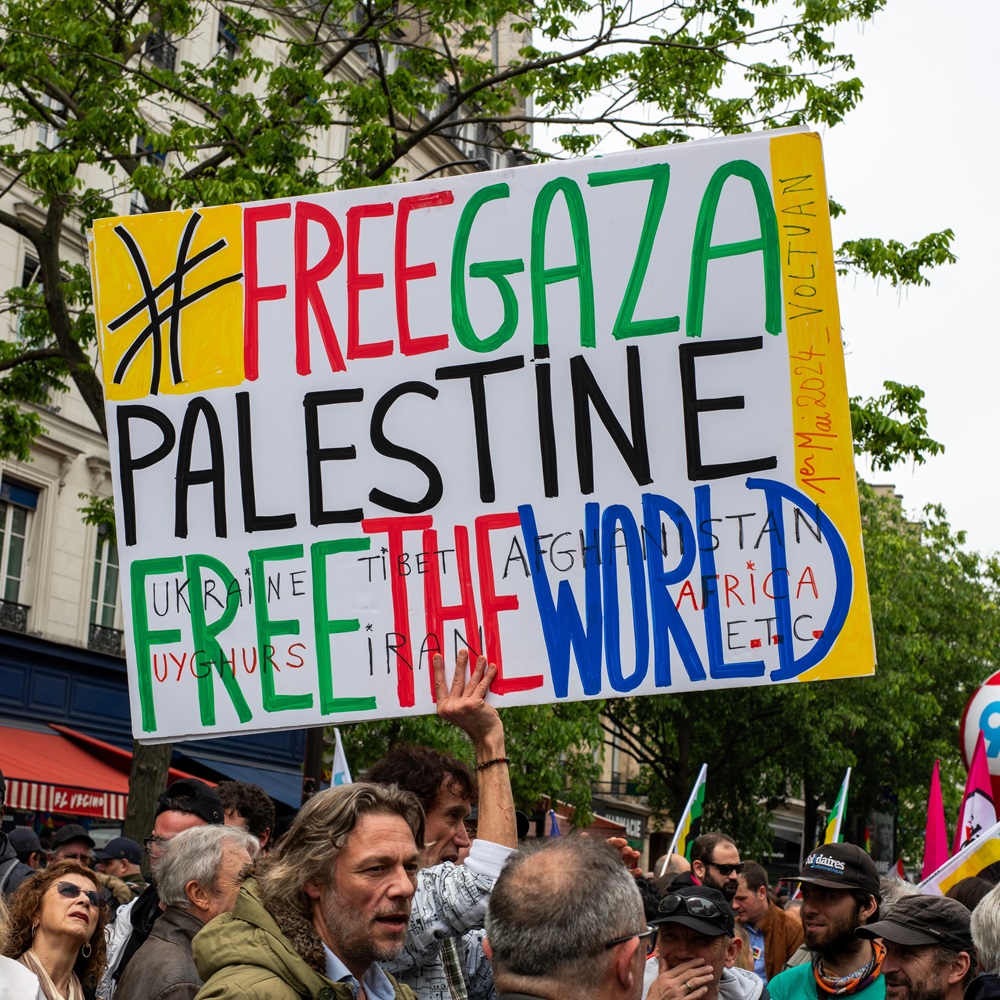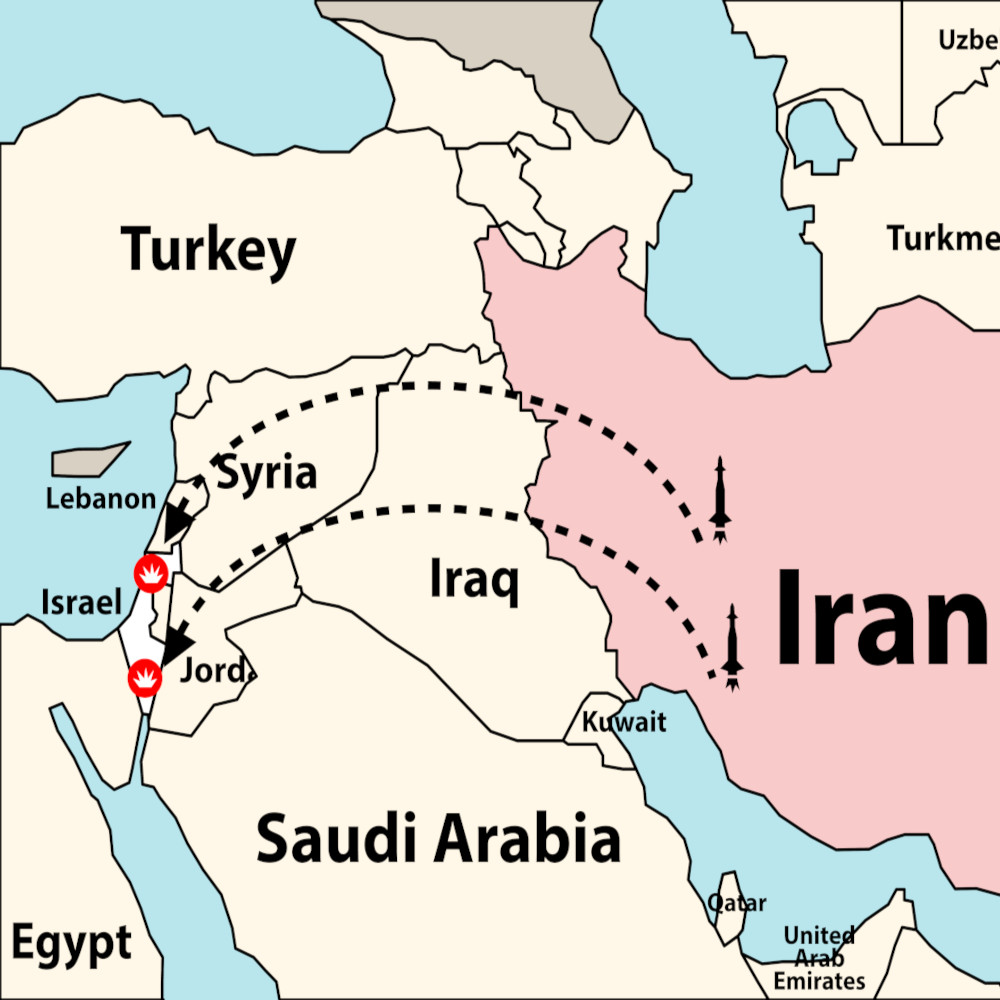
Iran’s strike on Israel was retaliatory – but it was also about saving face and restoring deterrence
by Aaron Pilkington, University of Denver
한국어로 읽기 Leer en español In Deutsch lesen Gap اقرأ بالعربية Lire en français Читать на русском Israel and Iran are at war. In truth, the two sides have been fighting for decades, but the conflict has played out largely under the cover of covert and clandestine operations. The recent actions of both sides in this once “shadow war” have changed the nature of the conflict. It is not clear that de-escalation is on the horizon. On Oct 1, 2024, Iran launched a massive, direct attack against Israel notionally in retribution for Israel’s dual assassinations of Hamas leader Ismail Haniyeh and Hezbollah’s chief, Secretary General Hassan Nasrallah. It was the second such barrage in six months. By many accounts, the previous Iranian attack against Israel on April 13 – which consisted of over 300 ballistic and cruise missiles and attack drones – caused very little damage to Israel. Perhaps because of this, and likely in part due to U.S. encouragement of restraint, Israel’s immediate military response then – an airstrike against a single advanced Iranian air defense system in the Isfahan province – was somewhat measured. Many onlookers saw the calibrated exchange in April as a possible indication that both sides would prefer to de-escalate rather than engage in ongoing open warfare. But further Israeli military operations since then have prompted escalatory Iranian military responses, forcing the conflict back out of the shadows. With Hamas’ capabilities and leadership degraded in the Gaza Strip, Israel’s military leaders announced in June that they were “ready to face” Hezbollah – the Iranian-backed Lebanese militant group whose persistent rocket attacks against northern Israel have caused tens of thousands to evacuate the area. Israel pivots north Israel’s pivot from Gaza toward Lebanon coincided with the July 31, 2024, assassination of Hamas’ political bureau chairman, Haniyeh, during his stay in Tehran. The purported Israeli operation was seen as an affront to Iran’s sovereignty. It was also an embarrassment that highlighted the vulnerability and permeability of Iran’s internal security apparatus. Even though Iran Supreme Leader Ayatollah Khamenei vowed a “harsh response” against Israel, by September Iran had taken no action. Tehran’s inaction caused many Middle East analysts to question if the Iranian response would ever materialize – and by extension, what that would mean for Khamenei’s commitment to his proxy forces. If indeed Iran’s leadership opted for restraint following the assassination of Hamas’ top political leader, the same could not be said for its reaction to Israel’s multiphase operation against Hezbollah in mid-September. Israel began with a clandestine operation to sow chaos and confusion in Hezbollah’s command and control through the means of sabotaged explosive communications devices. Israel then carried out airstrikes eliminating Hezbollah’s top leaders including Nasrallah. The Israeli military then launched what the country’s leaders describe as a “limited [ground] operation” into southern Lebanon to remove Hezbollah positions along the northern border. Tehran’s Oct 1. attack in response against Israel was, according to many Middle East experts and indeed Iranian military leaders, primarily a retaliation for the two high-profile assassinations against Hamas and Hezbollah leaders. These were certainly key factors. But as an expert on Iran’s defense strategy, I argue that Iran’s leaders also felt compelled to attack Israel for three equally, if not more important, reasons: to slow Israel’s advance in Lebanon, to save face, and to restore deterrence. Challenging Israel’s advance Iran hopes to slow and potentially reverse Israel’s successes against Hezbollah, especially as Israel embarks on ground operations into southern Lebanon. Of course, Israeli ground troops must now deal with what is perhaps the world’s most capable guerrilla fighting force – one that performed quite successfully during the 2006 Israel-Hezbollah war. Nevertheless, Israel’s ability to achieve a tactical surprise and eliminate Hezbollah’s top leaders – even in the midst of an ongoing localized war, and even after Israel’s leaders announced their intention to engage Hezbollah – reveals a far superior Israeli strategy and operational planning and execution capability than that of Hezbollah. And that presents a huge blow to what is seen in Iran as the Islamic Republic’s crown jewel within its “Axis of Resistance.” In this respect, the Oct. 1 retaliatory strike by Iran can be seen as an attempt to afford Hezbollah time to appoint replacement leadership, regroup and organize against Israel’s ground invasion. The brutal art of save face? It also serves to help Iran save face, especially in how it’s seen by other parts of its external proxy network. Orchestrated by the Islamic Revolutionary Guards Corps, or IRGC – Tehran’s primary arm for coordinating external operations – Iranian money, training, guidance and ideological support enabled and encouraged the Oct. 7, 2023, Hamas attack against Israel – even, as it has claimed, Iran had no prior warning of the assault. Since then, Hamas fighters have received almost no real-time support from Tehran. This lack of support has no doubt contributed to Hamas being successfully degraded as a threat by Israel, with many of its members either dead or in hiding and unable to mount a coherent offensive campaign, leading Israel’s military leaders to claim the group has been effectively defeated. Unsurprisingly, Iran is glad to enable Palestinians to fight Tehran’s enemies and absorb the human costs of war, because this arrangement primarily benefits the Islamic Republic. Once the fighting in Gaza started, the IRGC was nowhere to be found. Now that Israel has shifted its attention to Lebanon and scored several initial tactical successes against Hezbollah, Iran cannot afford to stand back and watch for two main reasons. First, a year of fighting in Gaza has demonstrated that Israel is willing to do whatever it takes to eliminate threats along its borders – including a willingness to withstand international political pressure or operate within Iran’s borders. And second, Iran’s proxy groups elsewhere are watching to see if Tehran will continue supporting them – or will abandon them, as it seemingly has done with Hamas. Reclaiming deterrence Perhaps above all, in Tehran’s calculus over how to respond is Iran’s need to restore a deterrence. The two defining features of Iran’s interrelated external, or “forward defense,” and deterrence strategies is its regional network of militant proxies and its long-range weapons arsenal, which includes a large number of advanced ballistic missiles, cruise missiles and attack-capable drones. These Iranian defense strategies seek to dissuade enemies from attacking Iran proper in two ways: first, by threatening Israel and other regional U.S. allies with punishment via proxy militia or long-range weapon attacks; and second, by offering scapegoat targets against which Iran’s enemies can express their rage. In effect, Iran’s proxy forces act as proxy targets that pay the costs for Iran’s hostile policies. Israel’s degradation of Hamas and ongoing operations against Hezbollah threaten to undermine Iran’s ability to deter attacks against the homeland. For the Islamic Republic’s leaders, this is an unacceptable risk. Who plays the next move? These interweaving imperatives likely prompted Iran’s leaders to launch a second massive, direct missile attack on Oct. 1 against Israel. How effective the strike will be in achieving any of Tehran’s aims is unknown. The Islamic Republic claimed that as many as 90% of the ballistic missiles reached their intended targets, while Israel and the United States characterize the attack as having been “defeated and ineffective,” despite unverified cellphone videos showing several ballistic missiles detonating after reaching land in Israel. What is almost certain, however, is that this will not be the last move in the conflict. Israel is unlikely to halt its Lebanon operation until it achieves its border security objectives. And Israeli Prime Minister Benjamin Netanyahu has vowed retaliation against Iran for its latest retaliatory attack. IRGC leaders met this warning with a counterthreat of their own that if Israel responds to the Oct. 1 attack militarily, Iran will again respond with unspecified “crushing and destructive attacks.” Rhetorically, neither side is backing down; militarily this may be true, too. The nature and scope of Israel’s next move will dictate how the war with Iran develops – but make no mistake, it is a war.









